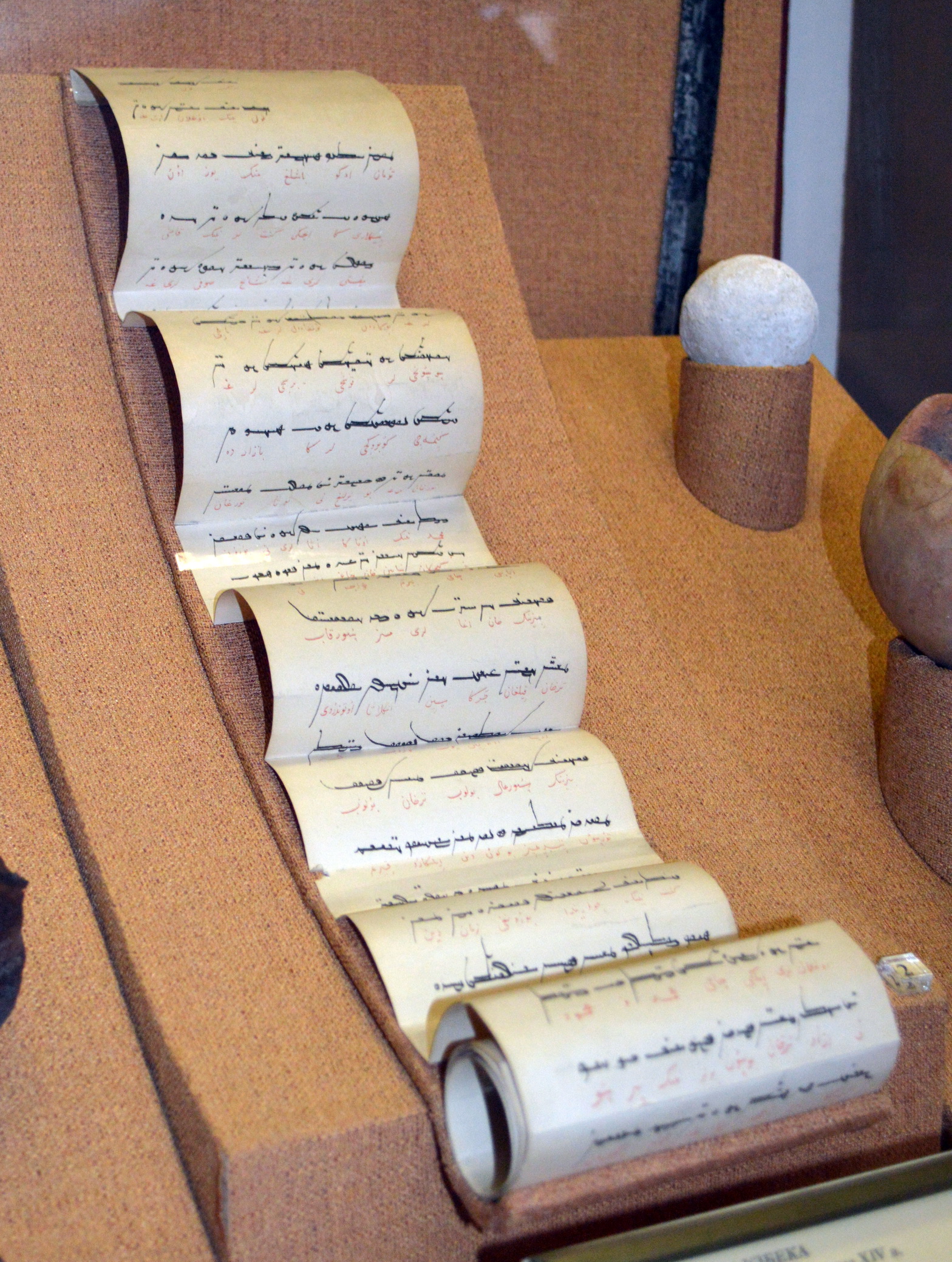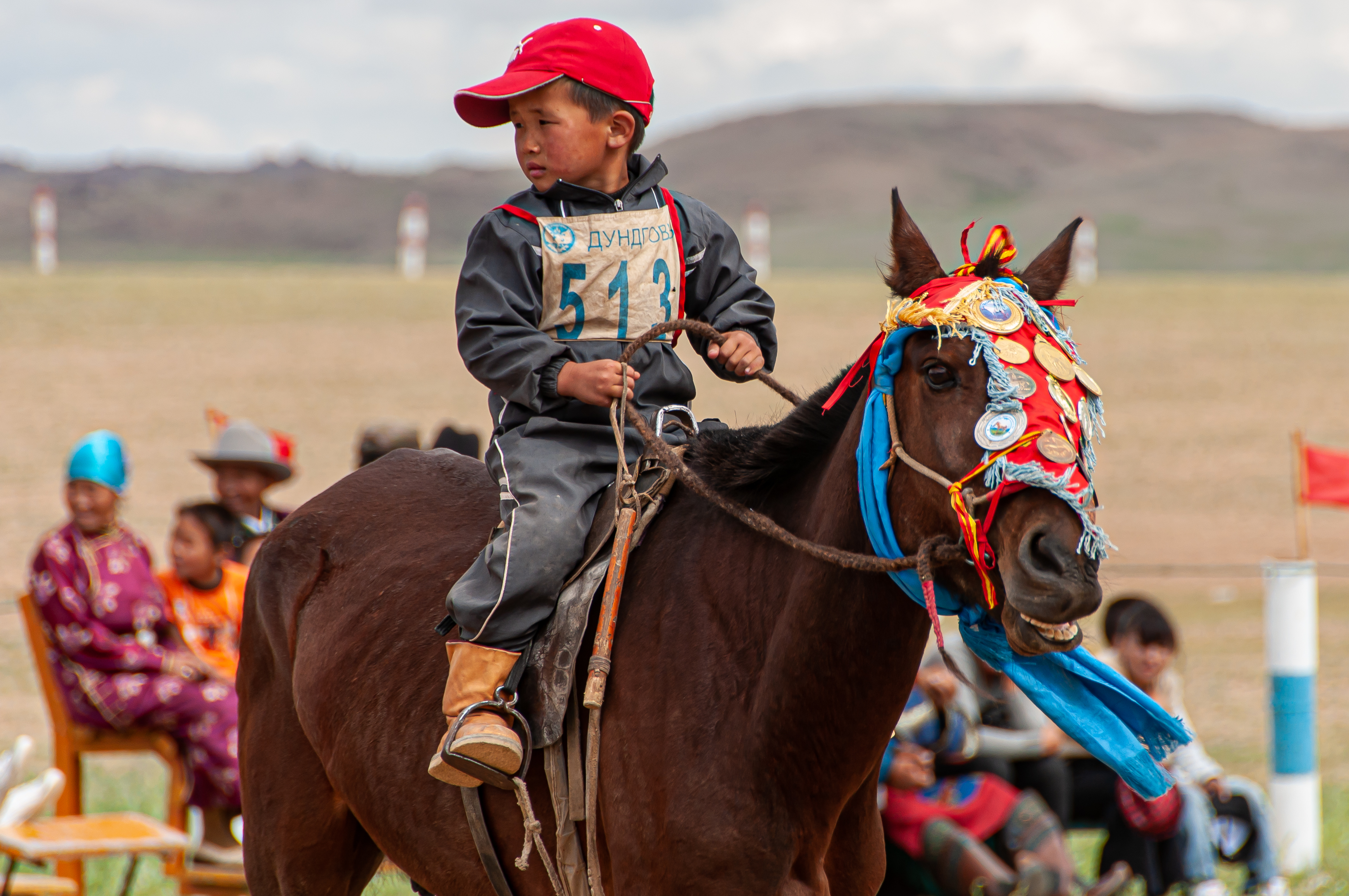|
Khuriltai
Kurultai ( Mongolian: , Хуралдай, ''Khuraldai'') or ; Kazakh: Құрылтай, ''Qūryltai''; tt-Cyrl, Корылтай, ; ba, Ҡоролтай, ; az, Qurultay; tk, Gurultaý was a political and military council of ancient Mongol and Turkic chiefs and khans. The root of the word is Proto-Mongolic *''kura-'', *''kurija-'' "to collect, to gather" from which is formed ''khural'' meaning "meeting" or "assembly" in Turkic and Mongolian languages. ''Khuraldai'', ''khuruldai'' or ''khuraldaan'' means "gathering" or, more literally, "intergatheration". From this same root arises the Mongolian word хурим (''khurim''), which means "feast" and originally referred to large festive gatherings on the steppe but is used mainly in the sense of "wedding" in modern times. Mongol Empire All Great Khans of the Mongol Empire, for example Genghis Khan and Ögedei Khan, were formally elected in a ''Kurultai''; khans of subordinate Mongol states, such as the Golden Horde, were elec ... [...More Info...] [...Related Items...] OR: [Wikipedia] [Google] [Baidu] |
Mongolian Language
Mongolian is the official language of Mongolia and both the most widely spoken and best-known member of the Mongolic language family. The number of speakers across all its dialects may be 5.2 million, including the vast majority of the residents of Mongolia and many of the ethnic Mongol residents of the Inner Mongolia Autonomous Region of the People's Republic of China.Estimate from Svantesson ''et al.'' (2005): 141. In Mongolia, Khalkha Mongolian is predominant, and is currently written in both Cyrillic and traditional Mongolian script. In Inner Mongolia, the language is dialectally more diverse and is written in the traditional Mongolian script. However, Mongols in both countries often use the Latin script for convenience on the Internet. In the discussion of grammar to follow, the variety of Mongolian treated is the standard written Khalkha formalized in the writing conventions and in grammar as taught in schools, but much of what is to be said is also valid for vernacular ... [...More Info...] [...Related Items...] OR: [Wikipedia] [Google] [Baidu] |
Yarlyk
A jarlig ( mn, зарлиг, zarlig; russian: ярлык, ''jarlyk'', also transliterated yarlyk in Russian and Turkic, or even more correctly yarlıq, and the Tatar: yarlığ) is an edict or written commandant of Mongol and Chinggisid rulers' "formal diplomas". It was one of three types of non-fundamental law pronouncements that had the effect of a regulation or ordinance, the other two being ''debter'' (a record of precedence cases for administration and judicial decisions) and ''billing'' (maxims or sayings attributed to Genghis Khan). The jarliq provide important information about the running of the Mongol Empire. Ögedei Khagan prohibited the nobility from issuing gergees (tablet that gave the bearer authority to demand goods and services from civilian populations) and jarliqs in the 1230s. From the mid-13th to mid-15th centuries, all princes of Northeastern Rus received jarliq authorizing their rule. The issuing of jarlyk on governing of Rus finalized the establishmen ... [...More Info...] [...Related Items...] OR: [Wikipedia] [Google] [Baidu] |
Convention (meeting)
A convention, in the sense of a meeting, is a gathering of individuals who meet at an arranged place and time in order to discuss or engage in some common interest. The most common conventions are based upon industry, profession, and fandom. Trade conventions typically focus on a particular industry or industry segment, and feature keynote speakers, vendor displays, and other information and activities of interest to the event organizers and attendees. Professional conventions focus on issues of concern along with advancements related to the profession. Such conventions are generally organized by societies or communities dedicated to promotion of the topic of interest. Fan conventions usually feature displays, shows, and sales based on pop culture and guest celebrities. Science fiction conventions traditionally partake of the nature of both professional conventions and fan conventions, with the balance varying from one to another. Conventions also exist for various hobbies, ... [...More Info...] [...Related Items...] OR: [Wikipedia] [Google] [Baidu] |
Deliberative Assembly
A deliberative assembly is a meeting of members who use parliamentary procedure. Etymology In a speech to the electorate at Bristol in 1774, Edmund Burke described the British Parliament as a "deliberative assembly," and the expression became the basic term for a body of persons meeting to discuss and determine common action. Characteristics ''Robert's Rules of Order Newly Revised'' by Henry Martyn Robert describes the following characteristics of a deliberative assembly: * A group of people meets to discuss and make decisions on behalf of the entire membership. * They meet in a single room or area, or under equivalent conditions of simultaneous oral communication. * Each member is free to act according to their own judgement. * Each member has an equal vote. * The members at the meeting act for the entire group, even if there are members absent. * A member's dissent on a particular issue constitutes neither a withdrawal from the group, nor a termination of membership. Types ''Ro ... [...More Info...] [...Related Items...] OR: [Wikipedia] [Google] [Baidu] |
Local Government
Local government is a generic term for the lowest tiers of public administration within a particular sovereign state. This particular usage of the word government refers specifically to a level of administration that is both geographically-localised and has limited powers. While in some countries, "government" is normally reserved purely for a national administration (government) (which may be known as a central government or federal government), the term local government is always used specifically in contrast to national government – as well as, in many cases, the activities of sub-national, first-level administrative divisions (which are generally known by names such as cantons, provinces, states, oblasts, or regions). Local governments generally act only within powers specifically delegated to them by law and/or directives of a higher level of government. In federal states, local government generally comprises a third or fourth tier of government, whereas in unitary state ... [...More Info...] [...Related Items...] OR: [Wikipedia] [Google] [Baidu] |
Meeting
A meeting is when two or more people come together to discuss one or more topics, often in a formal or business setting, but meetings also occur in a variety of other environments. Meetings can be used as form of group decision making. Definition A meeting is a gathering of two or more people that has been convened for the purpose of achieving a common goal through verbal interaction, such as sharing information or reaching agreement. Meetings may occur face-to-face or virtually, as mediated by communications technology, such as a telephone conference call, a skyped conference call or a videoconference. One Merriam-Webster dictionary defines a meeting as "an act or process of coming together" - for example "as ..an assembly for a common purpose ...Meeting – Definition and More fr ... [...More Info...] [...Related Items...] OR: [Wikipedia] [Google] [Baidu] |
Congress
A congress is a formal meeting of the representatives of different countries, constituent states, organizations, trade unions, political parties, or other groups. The term originated in Late Middle English to denote an encounter (meeting of adversaries) during battle, from the Latin '' congressus''. Political congresses International relations The following congresses were formal meetings of representatives of different nations: *The Congress of Aix-la-Chapelle (1668), which ended the War of Devolution *The Congress of Aix-la-Chapelle (1748), which ended the War of the Austrian Succession *The Congress of Aix-la-Chapelle (1818) *The Congress of Berlin (1878), which settled the Eastern Question after the Russo-Turkish War (1877–1878) *The Congress of Gniezno (1000) *The Congress of Laibach (1821) *The Congress of Panama, an 1826 meeting organized by Simón Bolívar *The Congress of Paris (1856), which ended the Crimean War *The Congress of Troppau (1820) *The Congress of Tu ... [...More Info...] [...Related Items...] OR: [Wikipedia] [Google] [Baidu] |
Parliament
In modern politics, and history, a parliament is a legislative body of government. Generally, a modern parliament has three functions: Representation (politics), representing the Election#Suffrage, electorate, making laws, and overseeing the government via hearings and inquiries. The term is similar to the idea of a senate, synod or congress and is commonly used in countries that are current or former monarchies. Some contexts restrict the use of the word ''parliament'' to parliamentary systems, although it is also used to describe the legislature in some presidential systems (e.g., the Parliament of Ghana), even where it is not in the Legal name, official name. Historically, parliaments included various kinds of deliberative, consultative, and judicial assemblies, an example being the French medieval and early modern parlements. Etymology The English term is derived from Anglo-Norman language, Anglo-Norman and dates to the 14th century, coming from the 11th century Old ... [...More Info...] [...Related Items...] OR: [Wikipedia] [Google] [Baidu] |
Mongolian Wrestling
Mongolian wrestling, known as Bökh (Mongolian script: ; Mongolian Cyrillic: Бөх or Үндэсний бөх), is the folk wrestling style of Mongols in Mongolia, Inner Mongolia and other regions where touching the ground with anything other than a foot loses the match. ''Bökh'' means "firmness, reliability, vitality, wrestler", from Mongolic root *''bekü'' "firm, hard, solid; fighter, strong man" possibly from Turkic *''böke'' "warrior" < "big snake". Wrestling is the most important of the Mongolian culture's historic "Three Manly Skills", that also include horsemanship and . considered wrestling to be an important way to keep his army in go ... [...More Info...] [...Related Items...] OR: [Wikipedia] [Google] [Baidu] |
Naadam
Naadam (Mongolian Naadam Festival) ( mn, Наадам, classical Mongolian: ''Naɣadum'', , ''literally "games"'') is a traditional festival celebrated in Mongolia, Inner Mongolia and Tuva Republic. The festival is also locally termed "eriin gurvan naadam" (), "the three games of men". The games are Mongolian wrestling, horse racing, and archery, and are held throughout the country during midsummer. Women have started participating in the archery and girls in the horse-racing games, but not in Mongolian wrestling. In 2010, Naadam was inscribed on the Representative List of the Intangible Cultural Heritage of Humanity of UNESCO. Overview Origins Naadam is the most widely watched festival among Mongols and is believed to have existed for centuries in one fashion or another. It has its origin in the activities, such as military parades and sporting competitions such as archery, horse riding and wrestling, that followed the celebration of various occasions, including weddings or ... [...More Info...] [...Related Items...] OR: [Wikipedia] [Google] [Baidu] |
Mamluk
Mamluk ( ar, مملوك, mamlūk (singular), , ''mamālīk'' (plural), translated as "one who is owned", meaning " slave", also transliterated as ''Mameluke'', ''mamluq'', ''mamluke'', ''mameluk'', ''mameluke'', ''mamaluke'', or ''marmeluke'') is a term most commonly referring to non-Arab, ethnically diverse (mostly Southern Russian, Turkic, Caucasian, Eastern and Southeastern European) slave-soldiers and freed slaves who were assigned military and administrative duties, serving the ruling Arab dynasties in the Muslim world. The most enduring Mamluk realm was the knightly military class in Egypt in the Middle Ages, which developed from the ranks of slave-soldiers. Originally the Mamluks were slaves of Turkic origin from the Eurasian Steppe, but the institution of military slavery spread to include Circassians, Abkhazians, Georgians,"Relations of the Georgian Mamluks of Egypt with Their Homeland in the Last Decades of the Eighteenth Century". Daniel Crecelius and Gotcha ... [...More Info...] [...Related Items...] OR: [Wikipedia] [Google] [Baidu] |
Syria
Syria ( ar, سُورِيَا or سُورِيَة, translit=Sūriyā), officially the Syrian Arab Republic ( ar, الجمهورية العربية السورية, al-Jumhūrīyah al-ʻArabīyah as-Sūrīyah), is a Western Asian country located in the Eastern Mediterranean and the Levant. It is a unitary republic that consists of 14 governorates (subdivisions), and is bordered by the Mediterranean Sea to the west, Turkey to the north, Iraq to the east and southeast, Jordan to the south, and Israel and Lebanon to the southwest. Cyprus lies to the west across the Mediterranean Sea. A country of fertile plains, high mountains, and deserts, Syria is home to diverse ethnic and religious groups, including the majority Syrian Arabs, Kurds, Turkmens, Assyrians, Armenians, Circassians, Albanians, and Greeks. Religious groups include Muslims, Christians, Alawites, Druze, and Yazidis. The capital and largest city of Syria is Damascus. Arabs are the largest ethnic group, and Mu ... [...More Info...] [...Related Items...] OR: [Wikipedia] [Google] [Baidu] |








